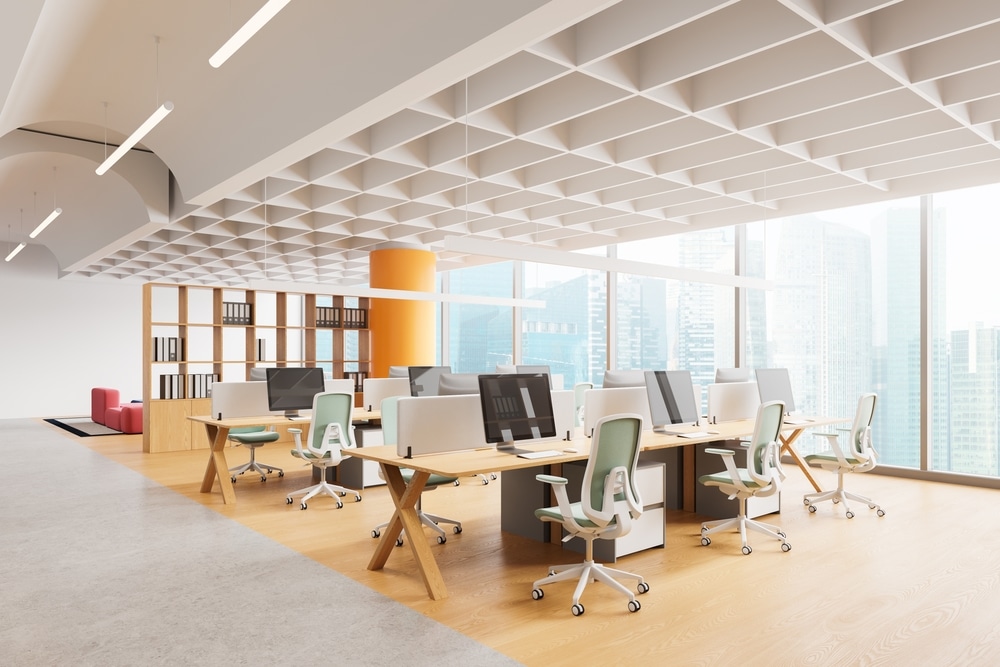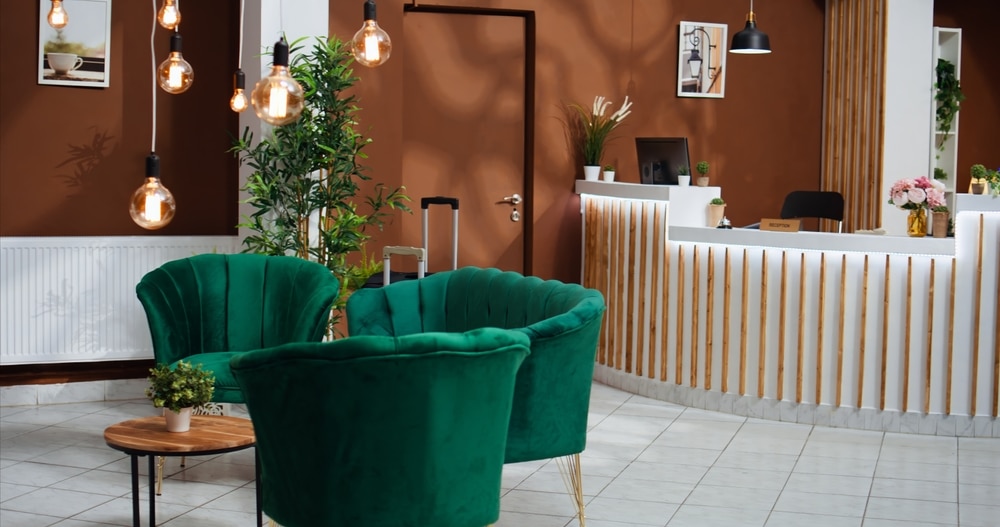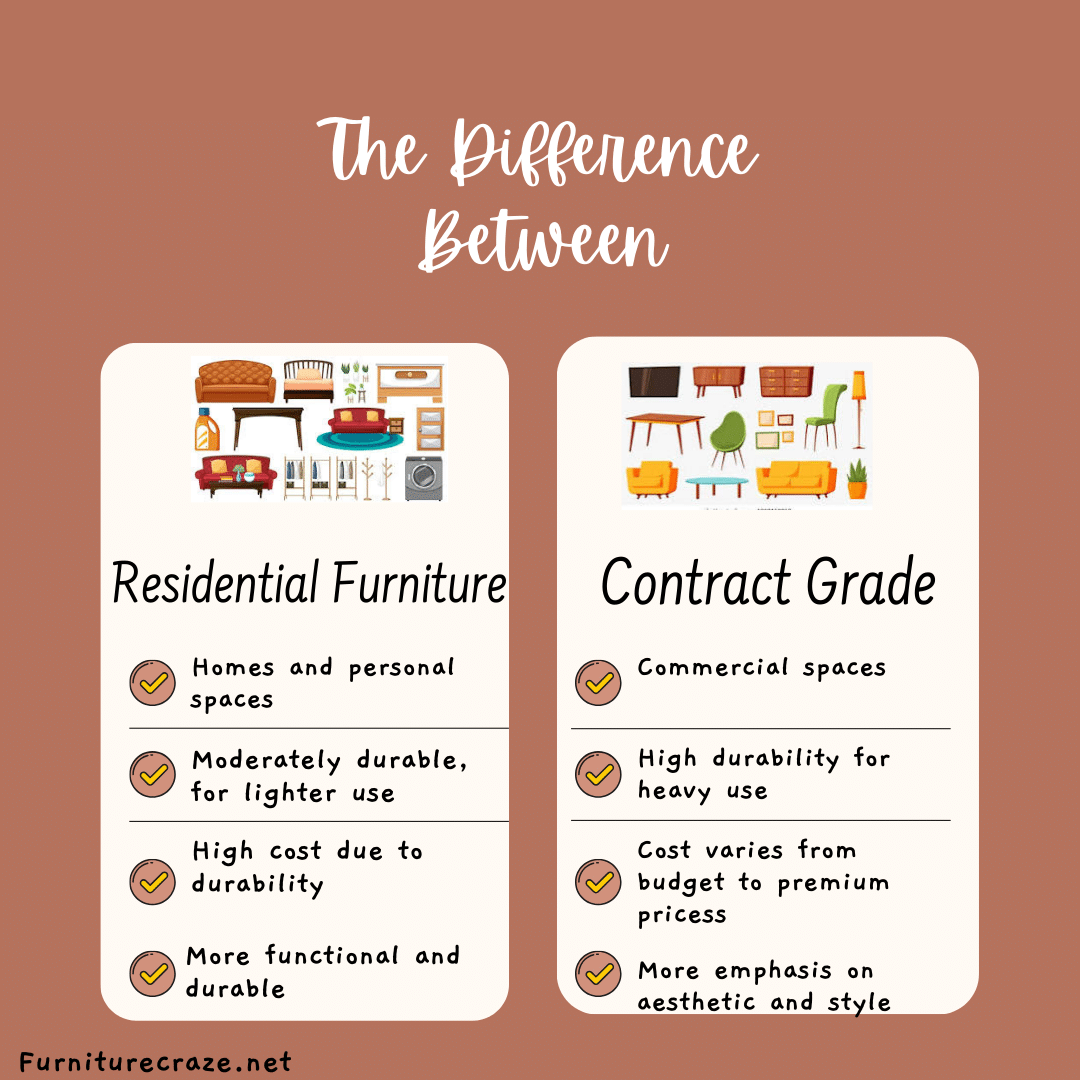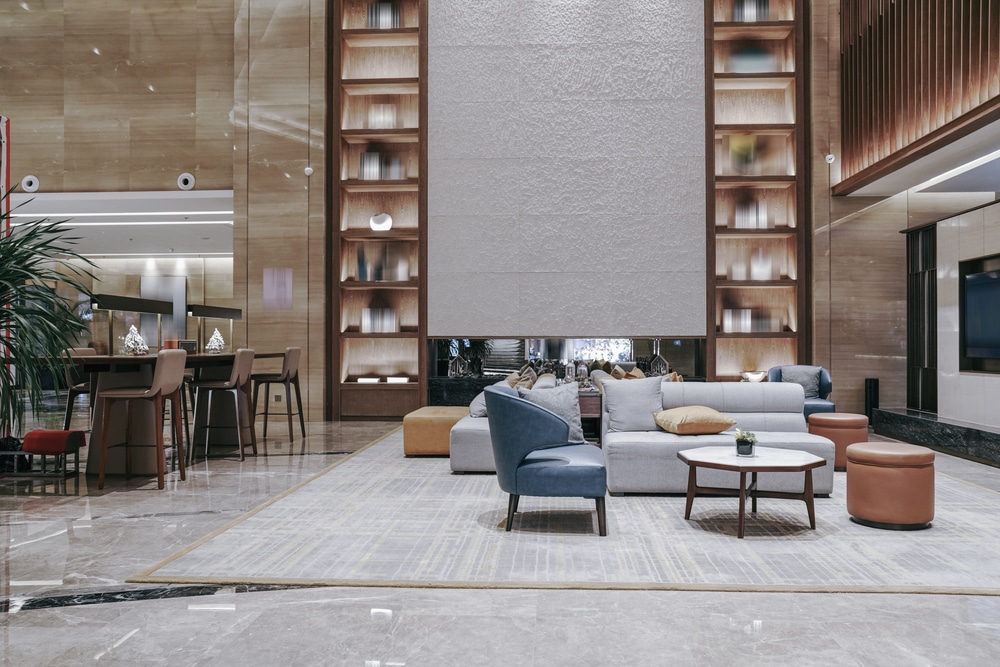Table of Contents
When furnishing a business, restaurant, or hotel, choosing the right furniture is more than just about style—it’s about durability, safety, and functionality. This is where contract-grade furniture comes into play. Unlike residential furniture, which is built for the relatively lower demands of home use, contract-grade furniture is specially crafted to meet the high standards of commercial environments. Whether it’s for a bustling restaurant, a busy office, or a well-trafficked hotel, contract furniture is designed to withstand frequent usage, offer fire-resistant properties, and ensure compliance with strict industry regulations. In this guide, we will explore what sets contract-grade furniture apart, its many advantages, and why it is the go-to choice for businesses seeking both style and durability in their commercial spaces.
What is Contract Grade Furniture?
At its core, contract-grade furniture refers to furniture that is specifically built to meet the rigorous demands of commercial environments. This type of furniture is crafted to withstand frequent usage in places such as hotels, offices, restaurants, and other public spaces. Unlike residential furniture, which is designed for the relatively low usage of private homes, contract-grade furniture is designed to handle high traffic and wear and tear and often must comply with specific safety and durability standards.
In essence, contract furnishings are synonymous with durability, safety, and longevity. It has to meet certain compliance requirements to ensure that it can be safely used in public spaces without posing risks to users.
Characteristics of Contract Grade Furniture

Several key features set contract-grade furniture apart from its residential counterparts:
Durability
Contract-grade furniture is designed for commercial purposes and is built to withstand continuous and heavy use. This makes it more durable and robust compared to residential furniture.
Fire Resistant
Many commercial environments require furniture to be fire-resistant as a safety precaution. Fire safety standards are more stringent in commercial spaces because of the higher risk associated with large numbers of people gathering in one place.
High-Quality Materials
This furniture type is subjected to frequent usage; it is made from high-quality materials that can endure heavy wear without degrading quickly. Examples include metals, treated wood, and reinforced upholstery that resists stains and fading.
Ergonomic Designs
Whether it’s a piece of furniture in an office or a seating arrangement in a restaurant, these furnishings often incorporate ergonomic designs to ensure comfort over extended periods of use. This is especially important in commercial environments where employees or customers may sit for long hours.
Compliance Requirements
Many industries have specific guidelines and compliance requirements that furniture must meet. For example, restaurant furniture may need to be easy to clean and sanitize, while office furniture may need to adhere to ergonomic and safety standards for worker comfort and productivity.
Where is Contract Grade Furniture Used?

Contract-grade furniture is typically found in commercial spaces such as:
Restaurants
Restaurant furniture needs to be durable enough to handle high turnover rates of customers, food spills, and frequent cleaning. The furniture is designed to be both aesthetically pleasing and practical, ensuring long-lasting durability.
Hotels
From the lobby to the guest rooms, hotel furniture must meet high standards of durability and style. It must be able to endure constant use while maintaining its appearance.
Offices
Ergonomic designs are crucial in office furniture to promote productivity and comfort. Designers create commercial furniture for offices to be functional and durable, ensuring it withstands daily use by multiple employees.
Healthcare Facilities
Hospitals and clinics also use contract-grade furniture, especially in waiting areas and patient rooms, where frequent usage and safety are top priorities.
Retail stores
Display shelving, seating, and counters in retail environments need to withstand regular customer interactions and movements.
Educational institutions
Schools and universities use contract furniture in classrooms, auditoriums, libraries, and administrative areas.
Popular Brands Offering Contract-Grade Furniture
Many well-known brands have collections specifically catering to commercial purposes.
- One popular name is West Elm, a furniture retailer that offers both residential and contract-grade furniture. West Elm combines modern design with the durability and compliance needed for commercial spaces like offices, hotels, and restaurants.
- Another notable provider offers Mid-Century-inspired commercial furniture, blending classic designs with modern functionality. This furniture seamlessly fits into various settings, providing both style and sturdiness.
How Is Contract Grade Furniture Different from Residential Furniture?

Benefits of Choosing Contract-Grade Furniture
Choosing contract-grade furniture for a commercial or public space offers several advantages:
Longevity
Since it’s built to last, contract furniture provides an excellent return on investment. You won’t need to replace or repair it as often as you might with residential furniture, making it a cost-effective solution for businesses in the long run.
Safety
Meeting safety standards is crucial in public spaces. Contract-grade furnishings are rigorously tested to ensure they are safe for use, providing peace of mind for business owners and their patrons.
Design Consistency
Contract furniture manufacturers typically offer a wide range of styles, allowing business owners to maintain design consistency across multiple locations or within various areas of the same building.
Customization
Many contract furniture suppliers offer extensive customization options, allowing businesses to create a unique look that aligns with their brand identity or design concept.
Sustainability
Some contract furniture is designed with sustainability in mind, using eco-friendly materials and manufacturing processes. Businesses that prioritize sustainability can find contract-grade furniture that aligns with their environmental values.
Choosing the Right Contract-Grade Furniture

When selecting contract-grade furnishings for your business, consider the following factors:
Traffic Level
How much traffic will the furniture be subjected to? High-traffic areas like hotel lobbies or restaurant dining rooms will need furniture that can withstand more frequent usage than a less busy office setting.
Compliance Requirements
Make sure the furniture meets the necessary compliance requirements for your industry. For example, if you run a restaurant, your restaurant furniture should be easy to clean, sanitize, and ideally fire resistant.
Ergonomic Designs
For environments where people sit for extended periods, such as offices or waiting rooms, ergonomic designs are essential for ensuring comfort and preventing strain.
Aesthetic and Branding
The type of furniture you choose should align with your brand’s image. Whether you’re going for a sleek, modern look or a cozy, traditional vibe, you can find contract furniture that fits your vision.
Conclusion
Contract-grade furniture plays an essential role in the success of any commercial space. Whether it’s a hotel, restaurant, office, or healthcare facility, this type of furniture is designed to meet the demands of frequent usage and ensure compliance with safety regulations. With brands like West Elm offering stylish, high-quality options, businesses can furnish their spaces without sacrificing aesthetic appeal. So, when choosing commercial furniture, remember that every piece of furniture plays a role in both the functionality and appearance of your space.

